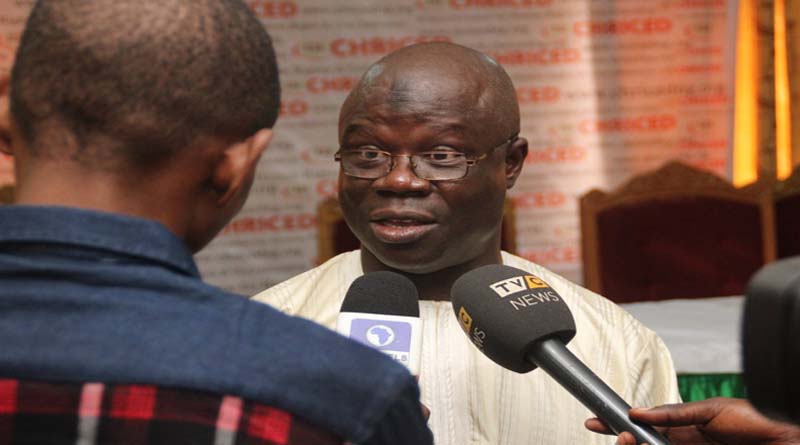CHRICED host dialogue on social norms impacting Nigeria’s anti-graft war
The Resource Centre for Human Rights and Civic Education (CHRICED), in partnership with Africa Network for Environment and Economic Justice (ANEEJ), on Monday in Kano hosted a one-day stakeholders’ consultative forum on how social norms impact anti-corruption campaign in Nigeria.

The event which drew stakeholders from across the northwest region was aimed at mitigating the harmful and amplifying negative role of certain sociocultural norms such as idioms, proverbs, slangs and songs, in the fight against corruption in Nigeria. The forum was supported by the UK’s Department for International Development (UK-DFID), under the Monitoring of Recovered Asset through Transparency and Accountability (MANTRA) project, designed to address problems within the broader objectives of its Anti-Corruption in Nigeria (ACORN) programme.
While addressing participants at the event, Dr Ibrahim Zikirullahi, executive director of CHRICED, said it was the responsibility of everyone in society including community-based organisations, professional groups, as well as opinion leaders to campaign relentlessly to ensure democratic process led to a better life for millions of Nigerians.
“No matter how well we fight to campaign or advocate to get these problems solved, if the corruption in high and low places is not checked, it will continue to derail our efforts. That is why we must not think of corruption as a problem, which the government alone has the responsibility to tackle in our communities, towns, cities, business places and homes. If we stand aside and do nothing about the problem of corruption, the consequences is that the poor development indices we are faced with today will remain,” said Dr Ibrahim.
He added that majority of ordinary citizens had a tendency to view corruption as something happening only at high places in government or private sector, while very few citizens understand that there were also social, cultural, and societal norms which contribute to corruption; hence the tendency for citizens to always condemn acts of corruption committed in high places while ignoring sociocultural norms contributing to corruption.










